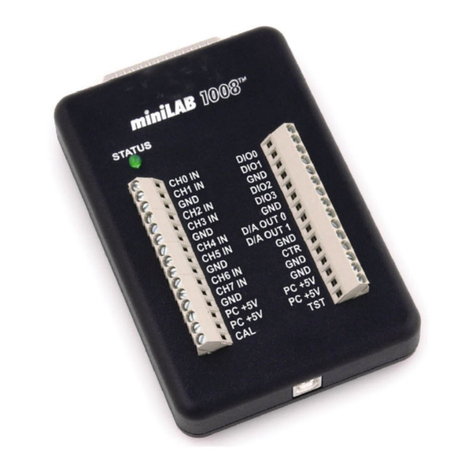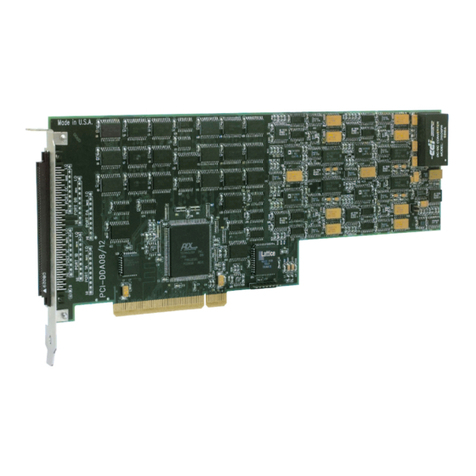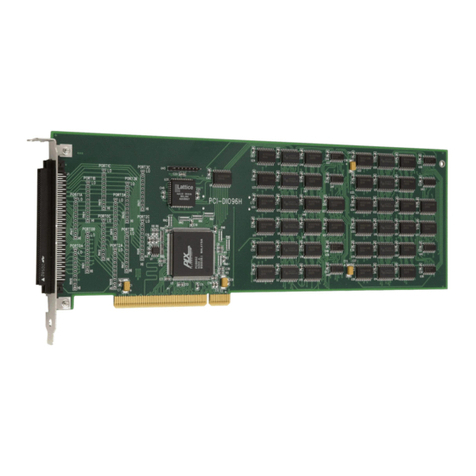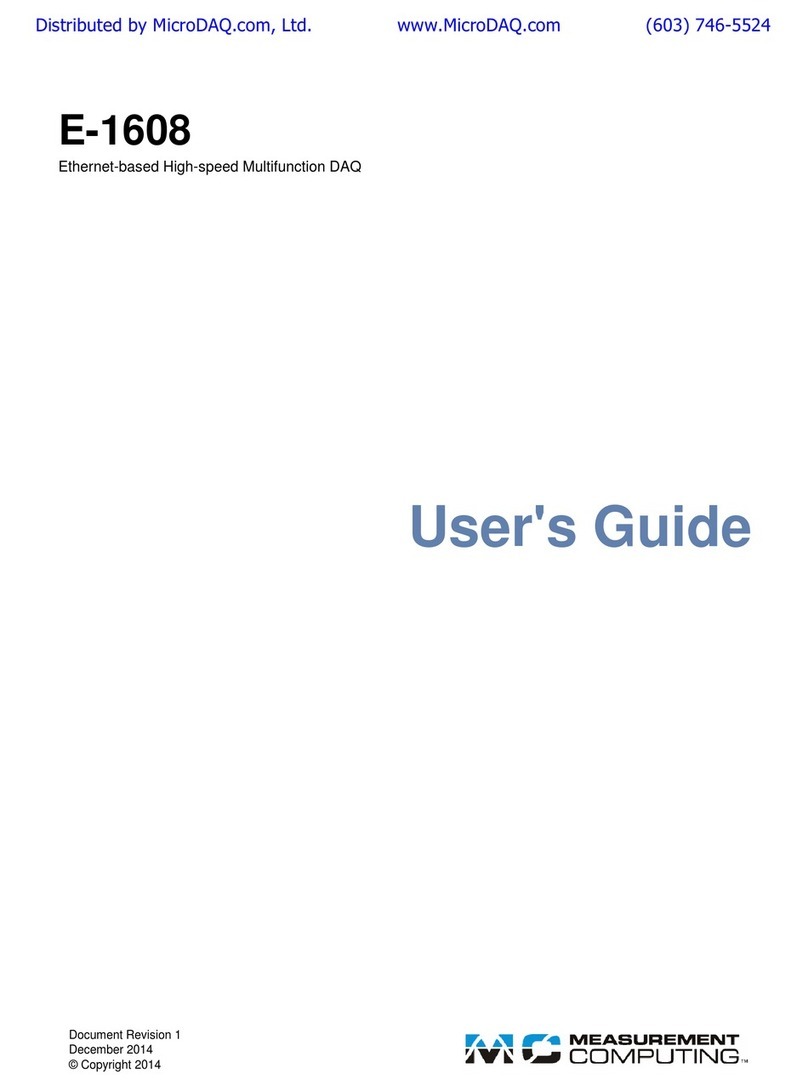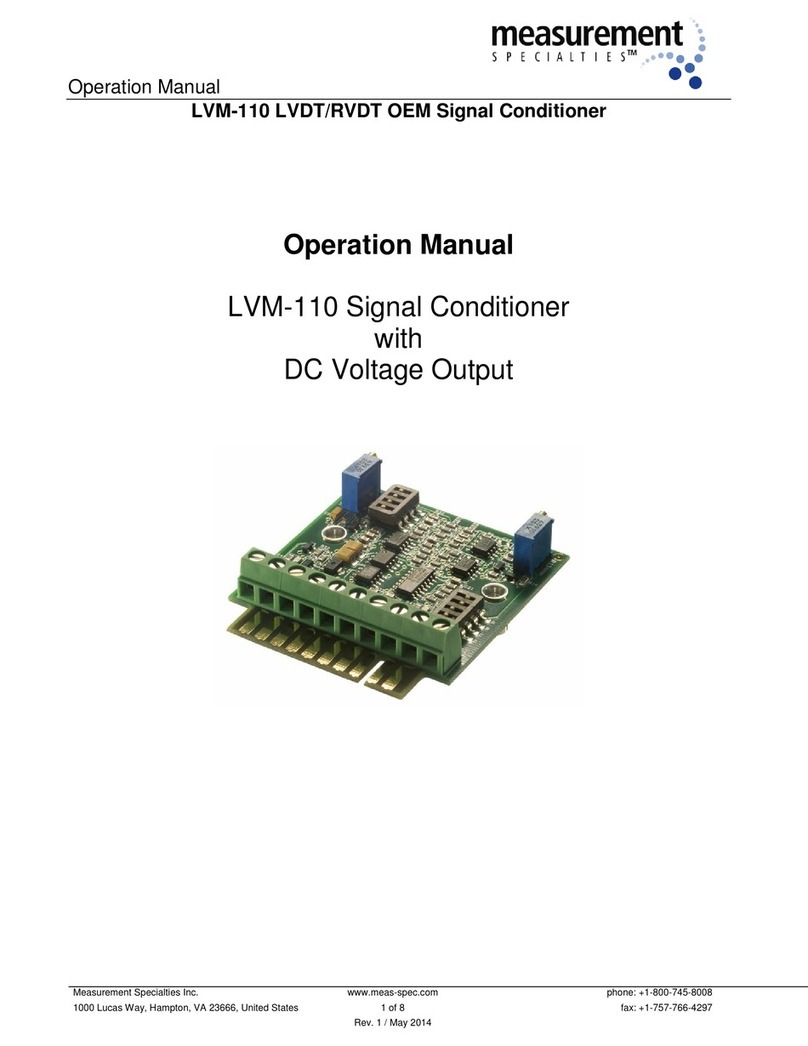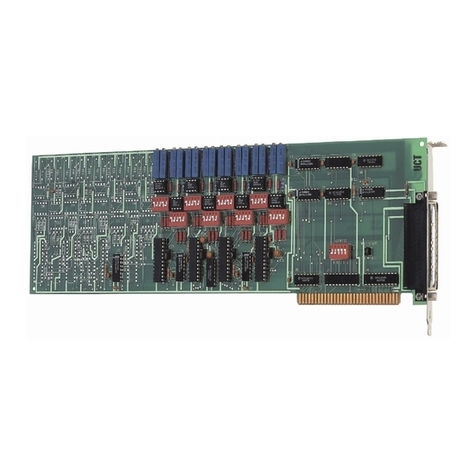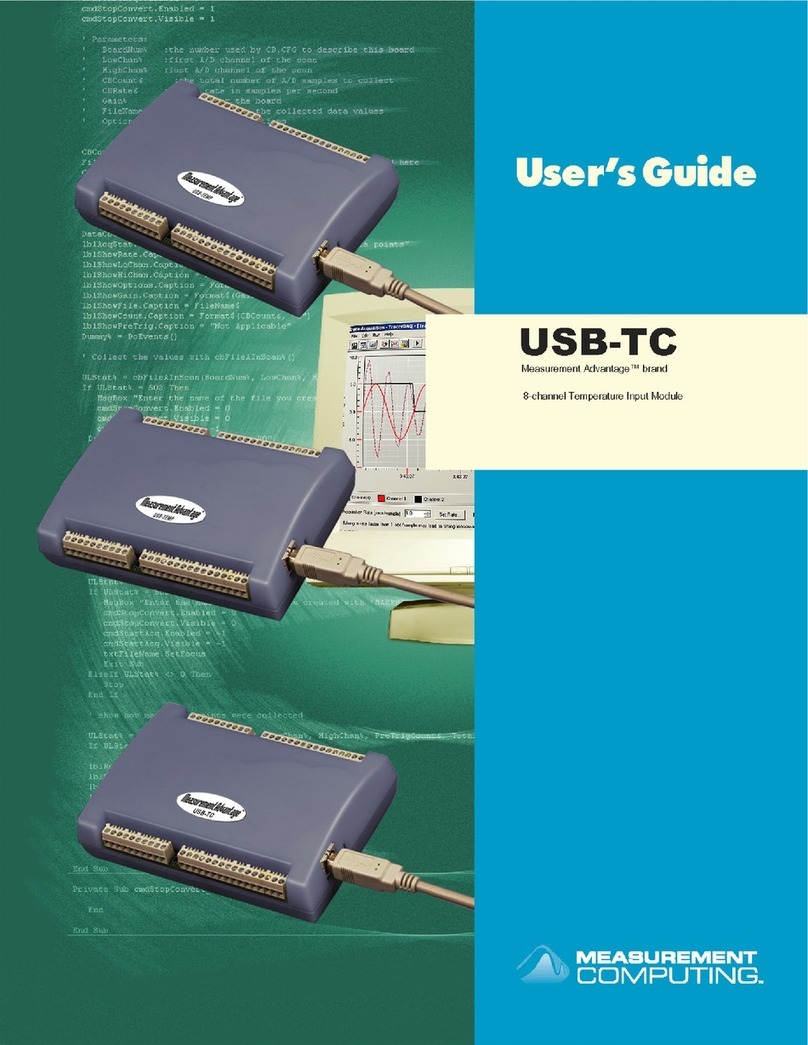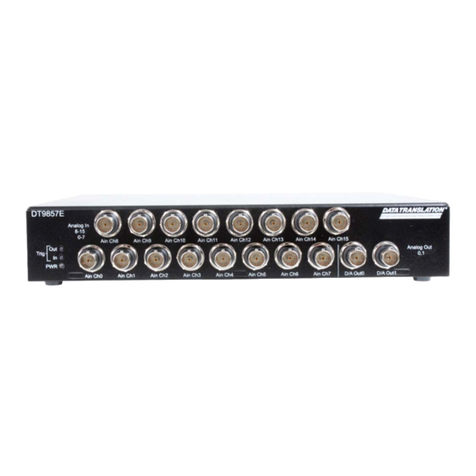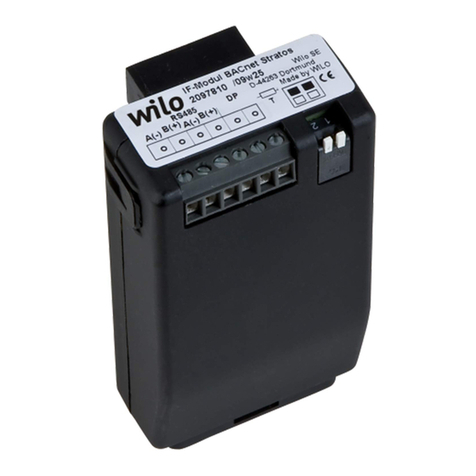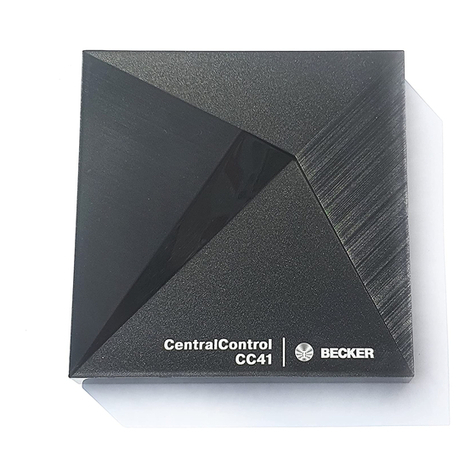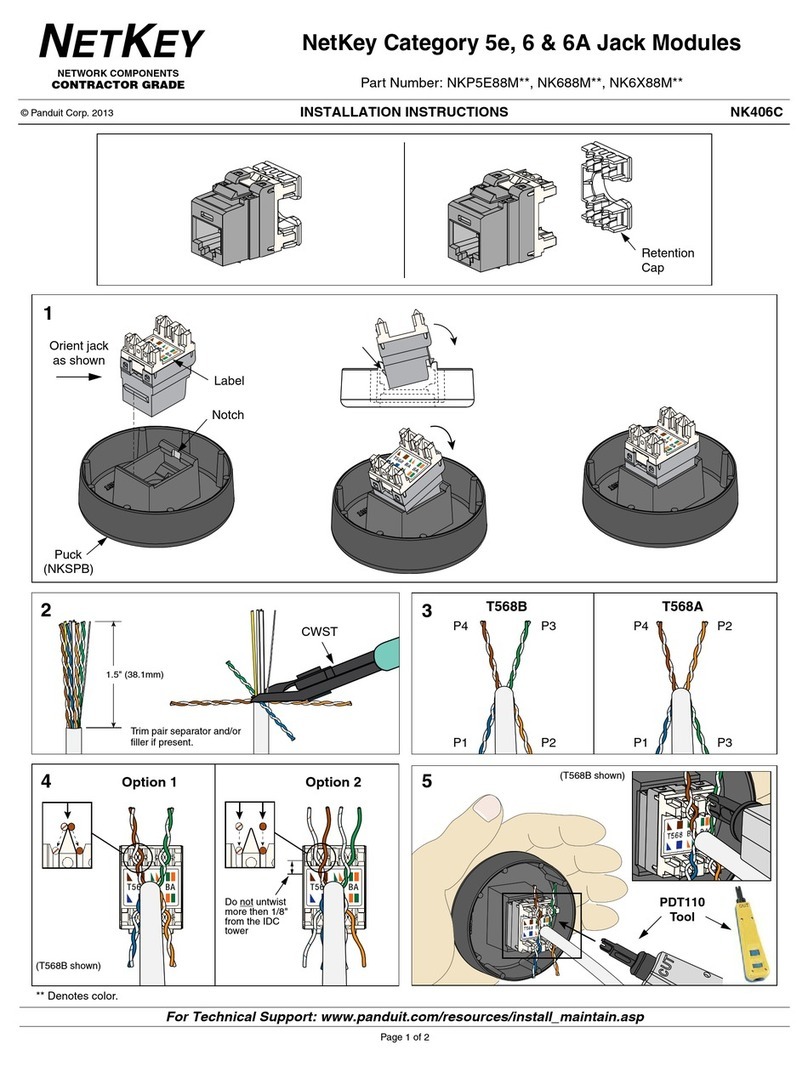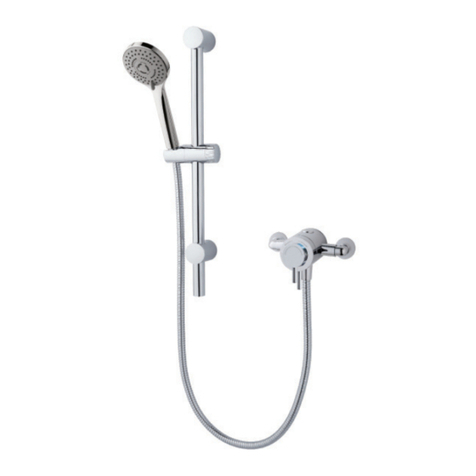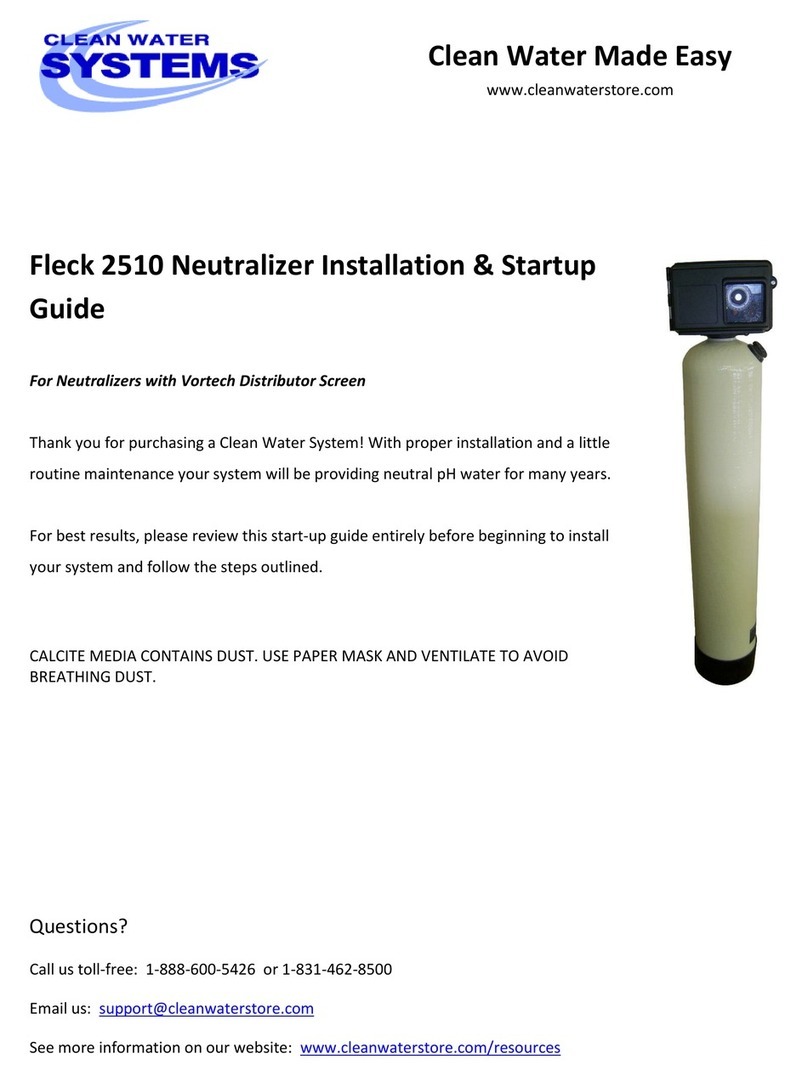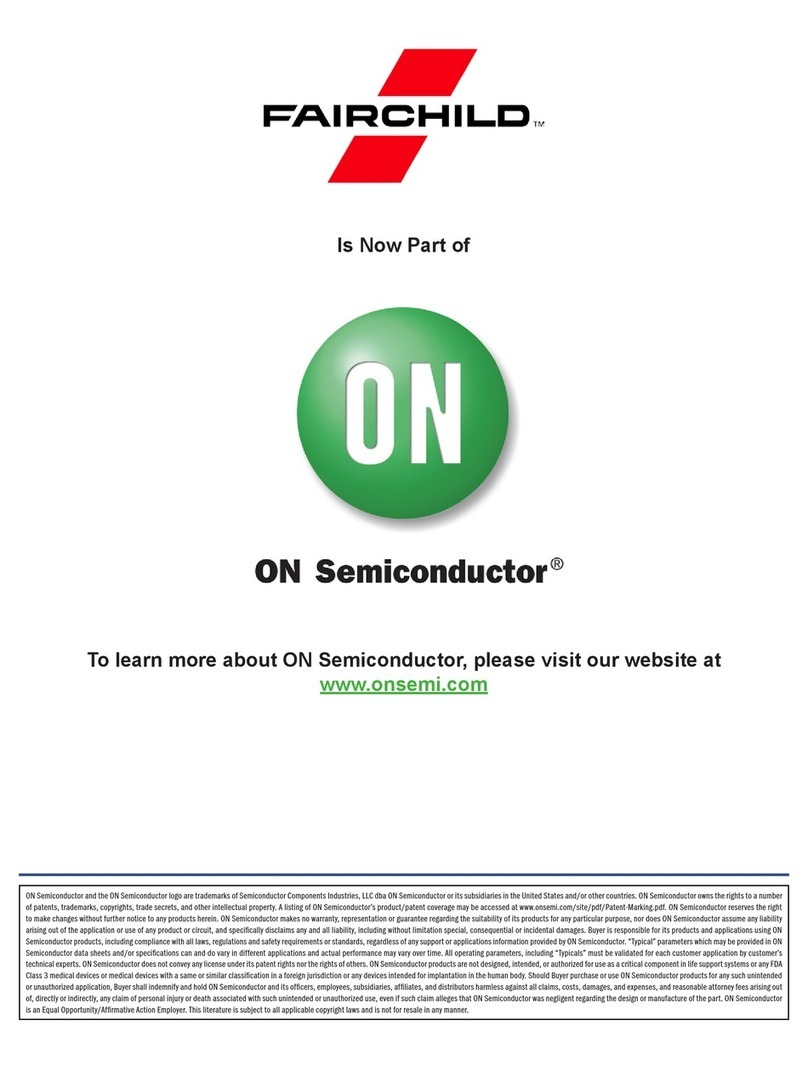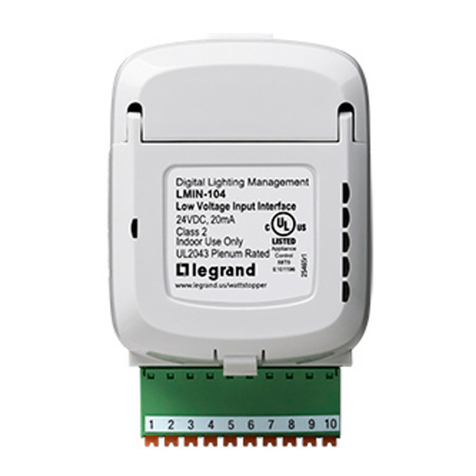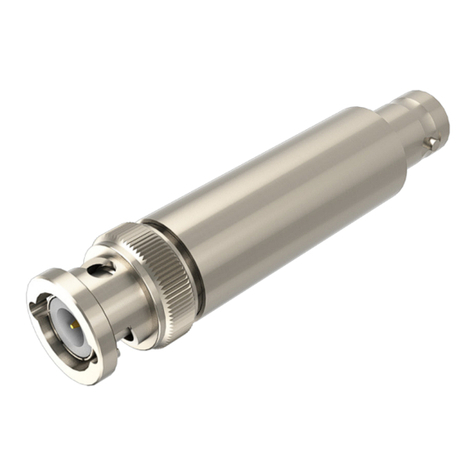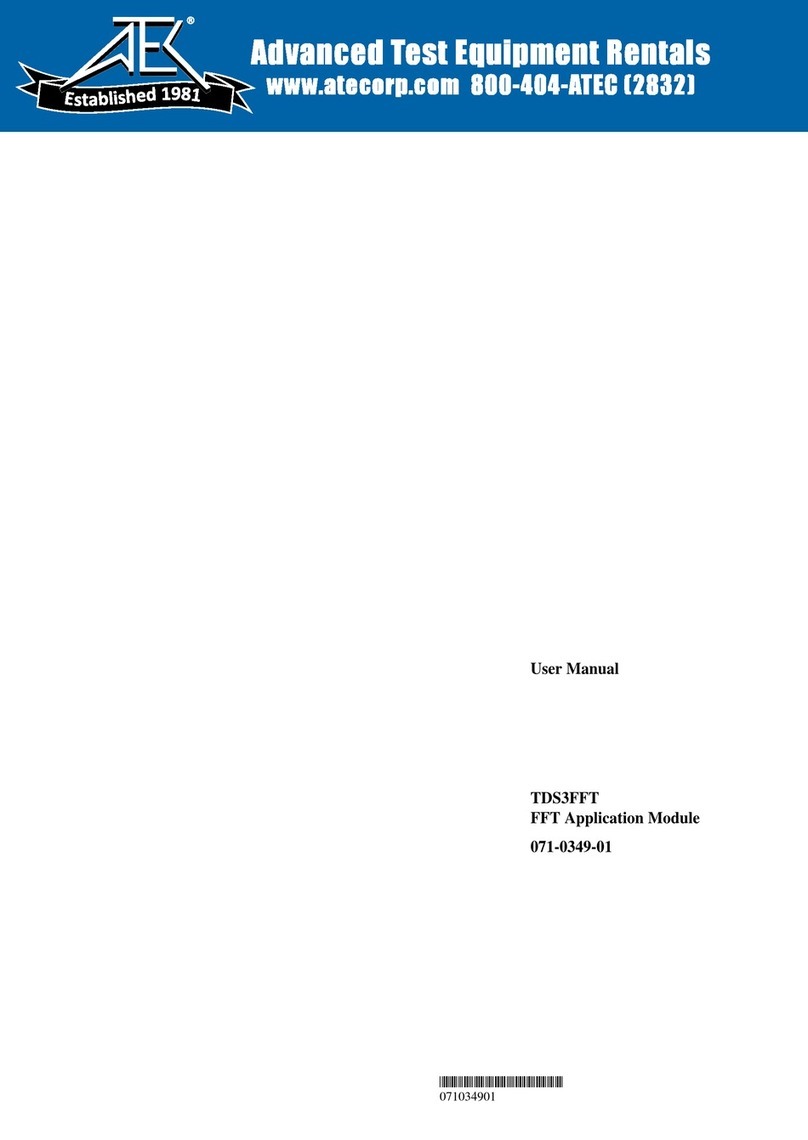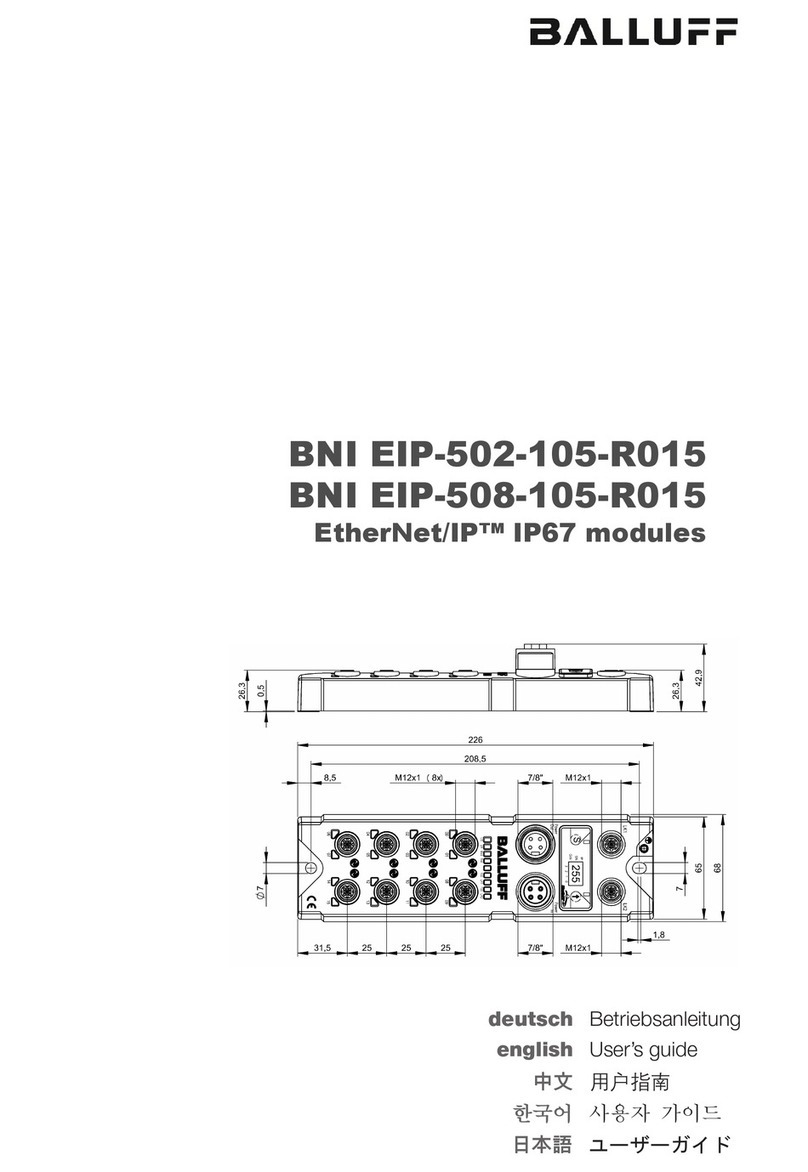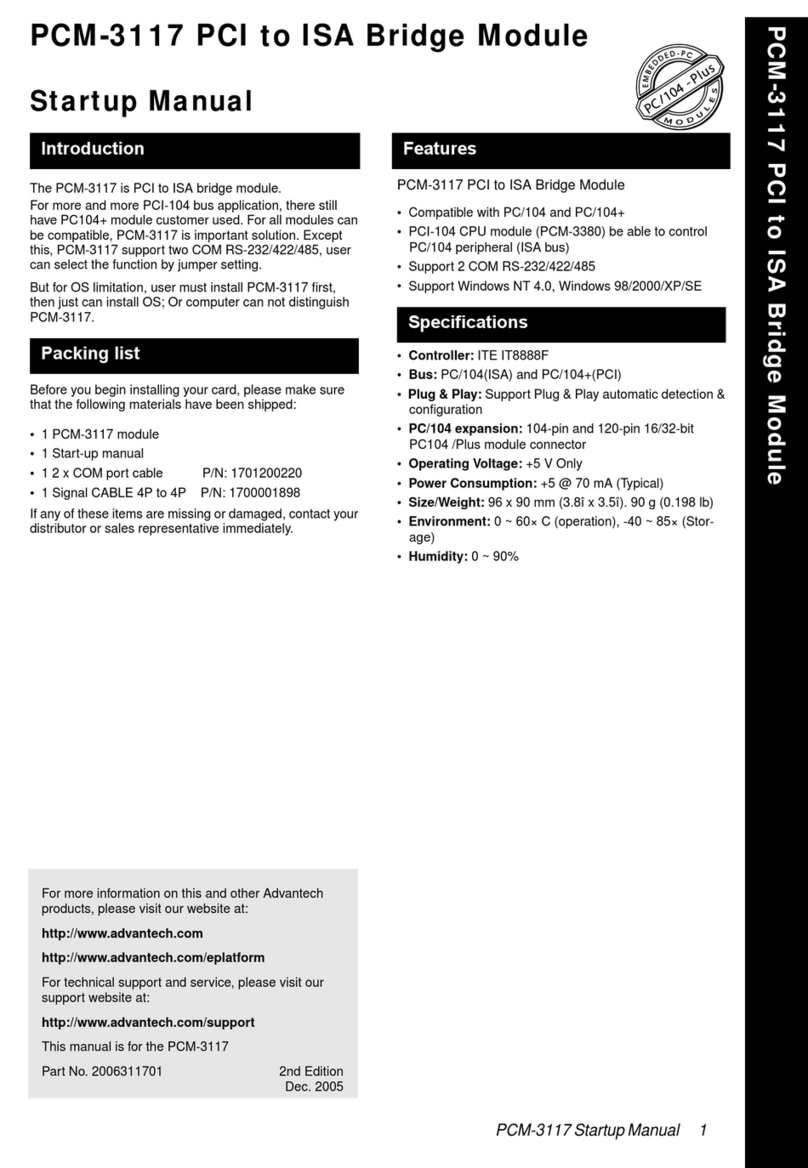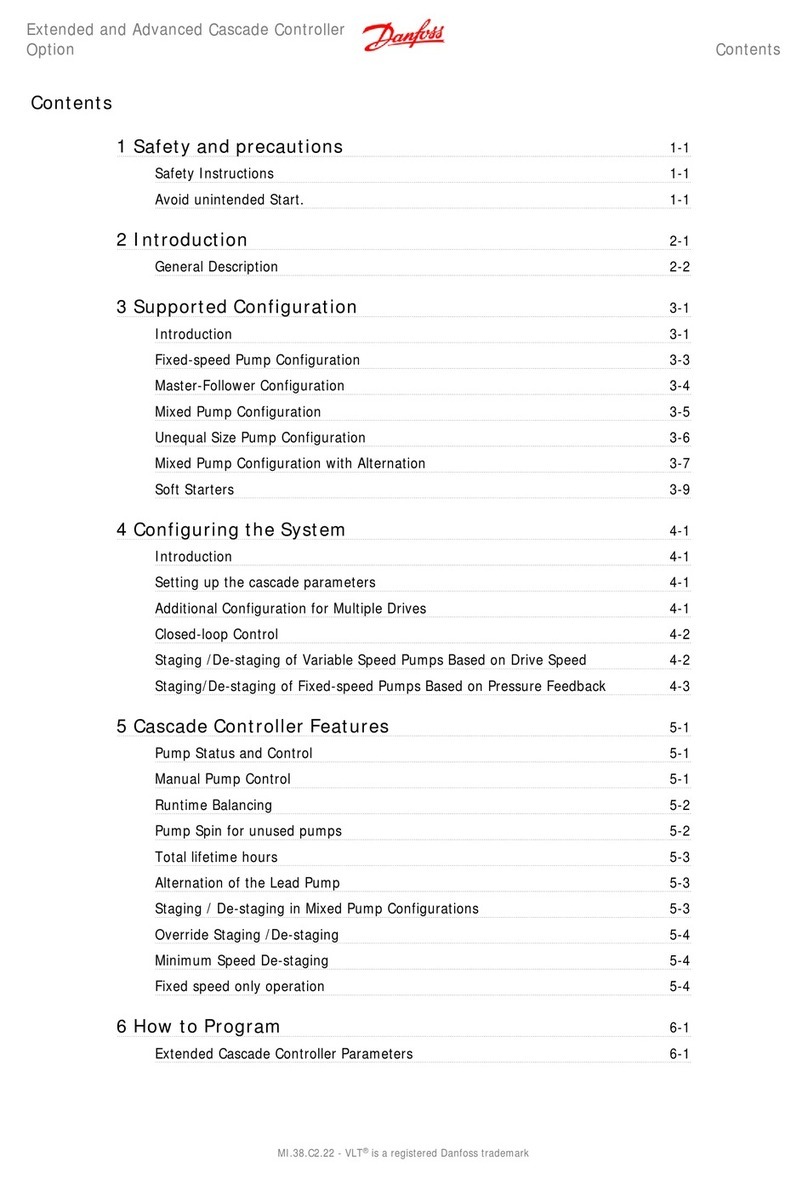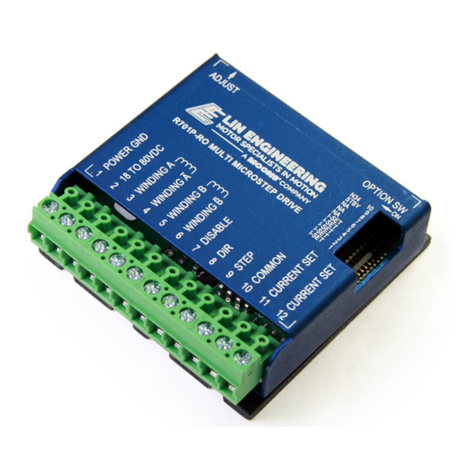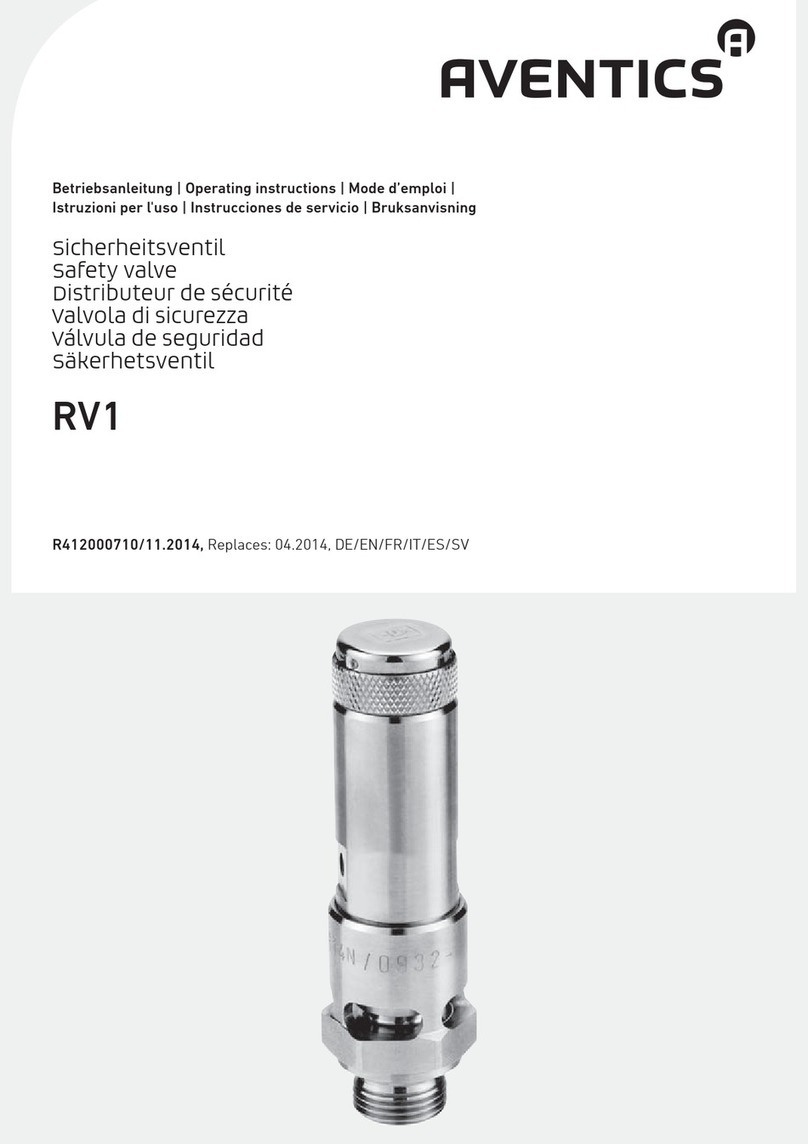
4
Table of Contents
Preface
About this User’s Guide.......................................................................................................................5
What you will learn from this user’s guide.........................................................................................................5
Conventions in this user’s guide.........................................................................................................................5
Where to find more information.........................................................................................................................5
Chapter 1
Introducing the AI-EXP48.....................................................................................................................6
Overview: AI-EXP48 features............................................................................................................................6
Software features................................................................................................................................................6
Chapter 2
Installing the AI-EXP48.........................................................................................................................7
What comes with your AI-EXP48 shipment?.....................................................................................................7
Hardware .......................................................................................................................................................................... 7
Optional components........................................................................................................................................................ 7
Additional documentation................................................................................................................................................. 7
Unpacking the AI-EXP48...................................................................................................................................7
Connecting to the parent A/D device with the DSUB25 expansion connector...................................................8
Connecting the device for I/O operations.........................................................................................................9
User connectors................................................................................................................................................................9
Screw terminal pin out.....................................................................................................................................................10
Expansion connector........................................................................................................................................................11
Cabling.............................................................................................................................................................................12
Associating CJC channels with thermocouple channels...................................................................................12
Chapter 3
Specifications......................................................................................................................................13
Analog input.....................................................................................................................................................13
Accuracy..........................................................................................................................................................................13
Thermocouples ................................................................................................................................................................13
Power consumption ..........................................................................................................................................14
Environmental ..................................................................................................................................................14
Mechanical .......................................................................................................................................................14
User connectors ................................................................................................................................................14
Declaration of Conformity..................................................................................................................17
